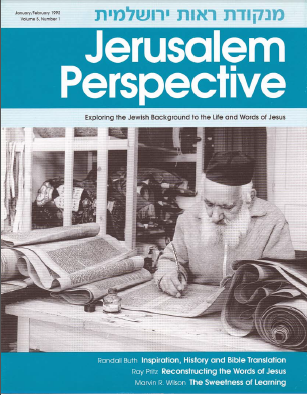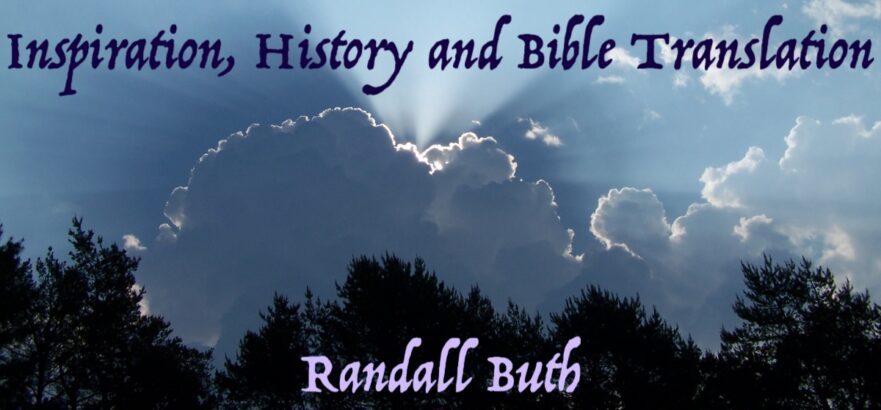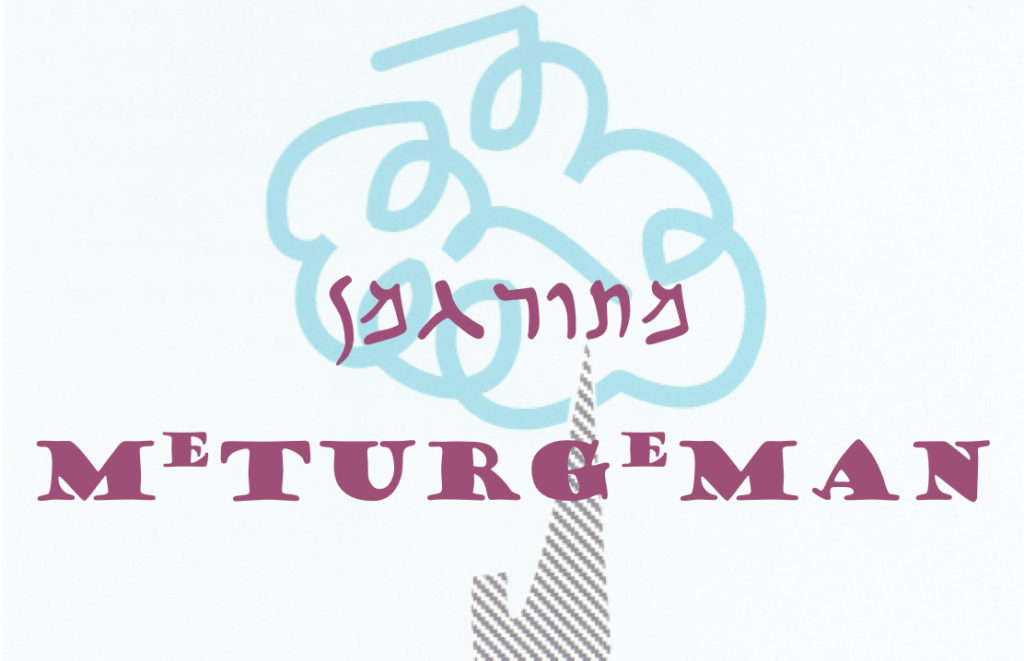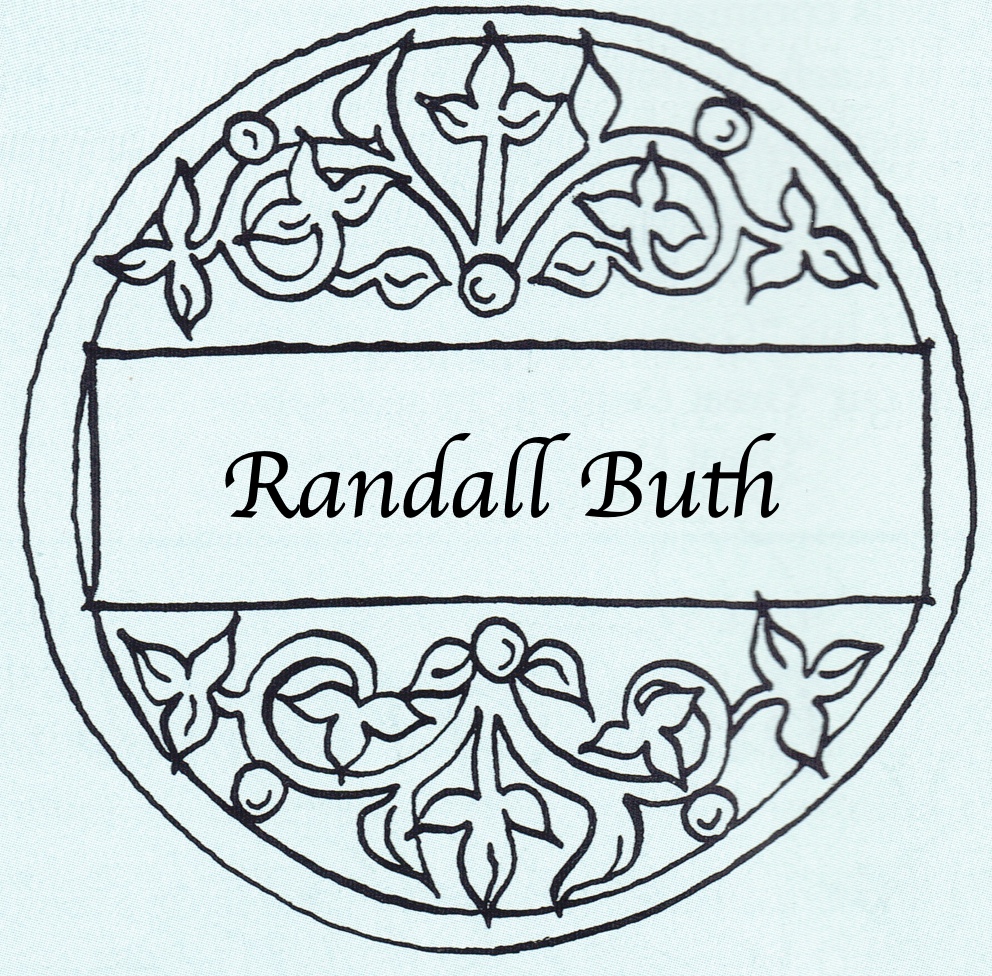How to cite this article: Randall Buth, “Inspiration, History and Bible Translation,” Jerusalem Perspective 36 (1992): 3-7 [https://www.jerusalemperspective.com/2625/].
מְתֻרְגְּמָן (me⋅tur⋅ge⋅MĀN) is Hebrew for “translator.” The articles in this series illustrate how a knowledge of the Gospels’ Semitic background can provide a deeper understanding of Jesus’ words and influence the translation process. For more articles in this series, click here.
What kind of book is the Bible? It claims to be inspired by God, but what does that mean for believers in general, for researchers and for Bible translators? Such questions are raised whenever the Bible is examined against the available background of its culture, language and history. I will address the question of inspiration from the perspective of a translator, because it puts me in a middle ground between researchers and general readers.
Before proceeding, however, I must point out that the scholars of the Jerusalem School of Synoptic Research comprise both Jews and Christians, and even we Christians are not agreed on all points of theology. Some of the School’s research strengthens what most Christians have believed about the Bible, while some of it raises questions, both new and old. Readers are advised to examine the Bible carefully like the Bereans of old (Acts 17:11).
Background
In the second century, differences among the four Gospels led Tatian to produce a Gospel harmony in Syriac which became the preferred text in many eastern churches in the second to fourth centuries. However, the church at large, and the eastern churches in the fifth century, have agreed that God has sovereignly given us the four Gospels, and that they are to be accepted as the rule or canon of the church, including any difficulties.
Paid Content
Premium Members and Friends of JP must be logged in to access this content: Login
If you do not have a paid subscription, please consider registering as a Premium Member starting at $10/month (paid monthly) or only $5/month (paid annually): Register
One Time Purchase Rather Than Membership
Rather than purchasing a membership subscription, you may purchase access to this single page for $1.99 USD. To purchase access we strongly encourage users to first register for a free account with JP (Register), which will make the process of accessing your purchase much simpler. Once you have registered you may login and purchase access to this page at this link:


































































































